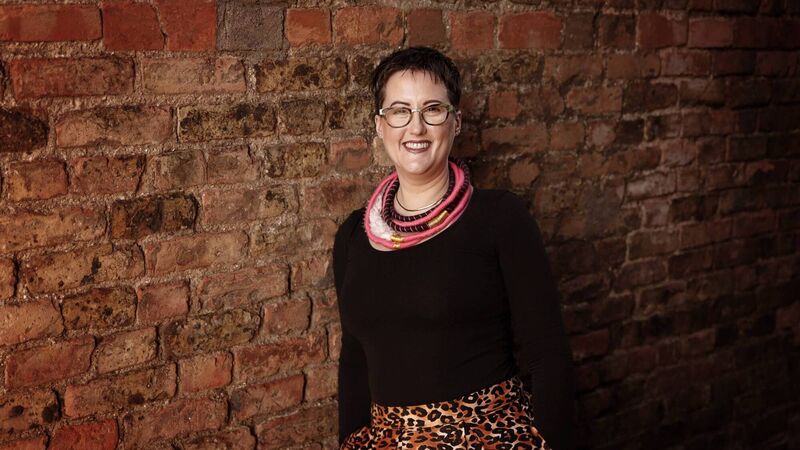Stressed out? Don’t sweat it... create practical steps for change

Bethan O’Riordan is an IACP accredited psychotherapist, co-host of the Mum Mind Podcast as author of her Self-Care Planner; how to live a balanced life available at www.bethanoriordan.com

Bethan O’Riordan is an IACP accredited psychotherapist, co-host of the Mum Mind Podcast as author of her Self-Care Planner; how to live a balanced life available at www.bethanoriordan.com If you feel that you might need a little more help, you can visit www.iacp.ie who have a list of accredited counsellors and psychotherapists with expertise in this area.







 App?
App?




